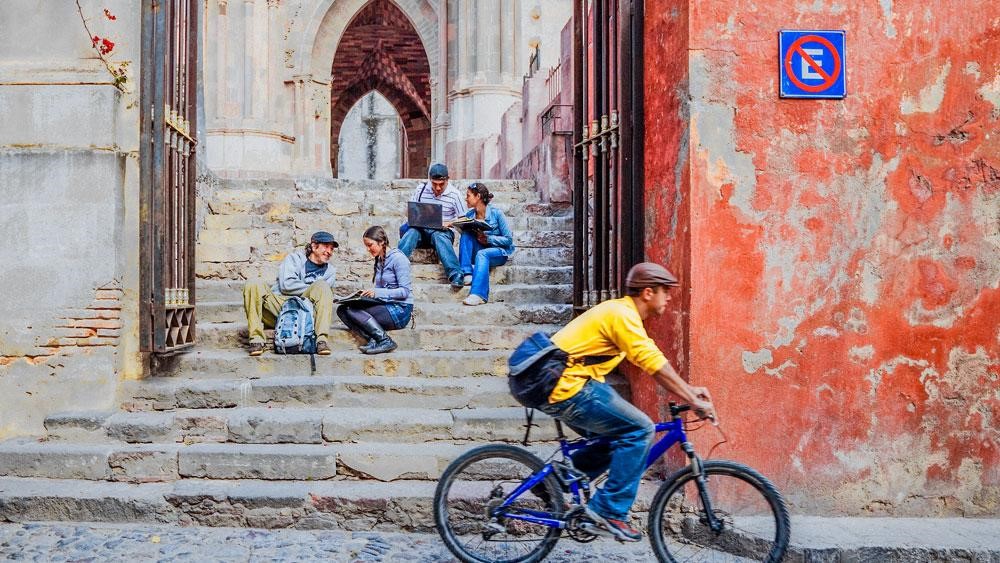The opportunity for secondary students to study overseas for a period can be an invaluable experience. The chance to live in a different culture and learn in a new environment leads to both academic and personal growth.
Exchange organisations
One of the longest-running exchange programs is Rotary Youth Exchange, which has sponsored students for year-long international exchanges through Rotary Club host families for more than 50 years. AFS is another non-profit organisation that has a long history in organising various cultural exchanges for students.
Other voluntary and commercial organisations can arrange short-term and longer overseas study and travel opportunities for Australian students. Always look for a reputable organisation or program. The Victorian Government has published a list of its approved study exchange organisations. New South Wales has a similar registry as do other state education departments.
The common feature of these programs is that they provide the opportunity to study in an overseas school environment, while also living in a school boarding house or with local families to absorb the lifestyle of that country.
School programs
Many Australian schools have developed relationships with overseas institutions, enabling them to take young Australians to visit their sister-schools and stay with host families. This is often reciprocated, with the foreign students paying a return visit to Australia. Such visits are usually a few weeks in duration.
Other schools have created relationships with partner institutions to allow full-year study opportunities for respective Australia students to travel abroad, while inviting foreign students to study here in return.
The value of an overseas experience is evident in the growing number of Australian schools now establishing their own campuses in other countries. One Victorian international school has established a campus at Chiang Mai in Thailand. Year 9 students travel across for a term of the academic year to study Thai culture, including language, food, religion and art.
GAP year
The experience of living and learning overseas can be deferred until after the completion of secondary schooling. The idea of “taking a gap year” has become increasingly popular in recent times. A gap year has been defined as “a semester or year of experiential learning, typically taken after high school and prior to career or post-secondary education, in order to deepen one’s practical, professional, and personal awareness.”
One of the most common gap year experiences includes paid work as an assistant in an overseas school helping with sport, administration or general duties. Volunteering for international aid and charity organisations is another avenue which is often regarded as offering valuable life education for young people.
Universities and employers tend to look favourably on applicants who have demonstrated the initiative in undertaking these types of post-school experiences.
Some Australian schools have gap exchange programs with overseas schools to place students finishing Year 12. Most students will find their own gap opportunities by either applying directly to an organisation or via a specialist business that can arrange a placement on a fee-paying basis.
